The IT Pro Podcast: Do degrees make better developers?
There are many routes into the tech industry - and higher education may not always be best

The lucrative rewards of the tech industry are enticing a growing number of people into the industry, but while degrees in computer science and software engineering remain widely popular, there are many different ways to prove your credentials as a budding developer - and spending three to four years being taught the fundamentals in the classroom may not necessarily be the most effective.
In fact, for those wanting to make a career for themselves as a developer, the best strategy may be to learn the basics and then get stuck in directly, either through an entry-level apprenticeship or by launching your own projects. We’re joined this week by Rob Zuber, CTO of DevOps provider CircleCI, to discuss the value of some of the less traditional routes into the industry, and the skills that set truly good developers apart.
Highlights
“To be totally honest, you come out of a university degree in computer science scratching the surface of what you're going to do as a job. And particularly as you proceed, as you grow to higher levels, you move from technical proficiency into a whole bunch of other aspects of what the job entails. I mean, we were joking before we started that the one thing I definitely do not do now is write code as CTO. So the kinds of mental tools that you need to have can be very, very different as you proceed through the levels of software engineering. And so the technical proficiency, honestly, you could pick up a lot of different ways.”
“It's a question of understanding what kind of attributes to look for. And I think that one of the things that I personally look for - and this is probably a bias because I've spent a lot of my life in small startups - is best described as scrappiness. People that have perhaps left school early, didn't go to college, but started something.”
“If you have experience with a breadth of tools, then I get the indication that you know how to select a tool for the right purpose, that you know how to use a new tool when it comes along, as opposed to the thing that you were using two years ago. Because one thing we love to do in software development is just keep changing the tools that we use all the time, so that our jobs are harder; it's a weird choice, but it's a reality, right? The discipline is evolving so quickly, that the thing that matters is your ability to pick up new tools, and use those tools to come into a new environment.”
Read the full transcript here.
Footnotes
- How to become a developer: A beginner’s guide
- How to become a software developer
- Seven skills you need to become a front-end developer
- How to become a senior JavaScript developer
- What should I be looking for when hiring a developer?
- Retrain to be a software developer to future-proof your career
- Nurturing your business’ citizen developers
- How apprenticeships are fuelling the future of UK tech
- Is a degree still necessary to get ahead in IT?
- The IT Pro Podcast: Picking a programming language
- IT Pro Panel: Tackling technical recruitment
Subscribe
- Subscribe to The IT Pro Podcast on Apple Podcasts
- Subscribe to The IT Pro Podcast on Google Podcasts
- Subscribe to The IT Pro Podcast on Spotify
- Subscribe to the IT Pro newsletter
- Subscribe to IT Pro 20/20
Sign up today and you will receive a free copy of our Future Focus 2025 report - the leading guidance on AI, cybersecurity and other IT challenges as per 700+ senior executives
ITPro is a global business technology website providing the latest news, analysis, and business insight for IT decision-makers. Whether it's cyber security, cloud computing, IT infrastructure, or business strategy, we aim to equip leaders with the data they need to make informed IT investments.
For regular updates delivered to your inbox and social feeds, be sure to sign up to our daily newsletter and follow on us LinkedIn and Twitter.
-
 LastPass hit with ICO fine after 2022 data breach exposed 1.6 million users
LastPass hit with ICO fine after 2022 data breach exposed 1.6 million usersNews The impact of the LastPass breach was felt by customers as late as December 2024
-
 OpenAI says future models could have a ‘high’ security risk
OpenAI says future models could have a ‘high’ security riskNews The ChatGPT maker wants to keep defenders ahead of attackers when it comes to AI security tools
-
 Dreamforce 2025: What's an agentic OS?
Dreamforce 2025: What's an agentic OS?ITPro Podcast Salesforce has turned to Slack to achieve its agentic AI ambitions, as it expands Agentforce faster than any other product
-
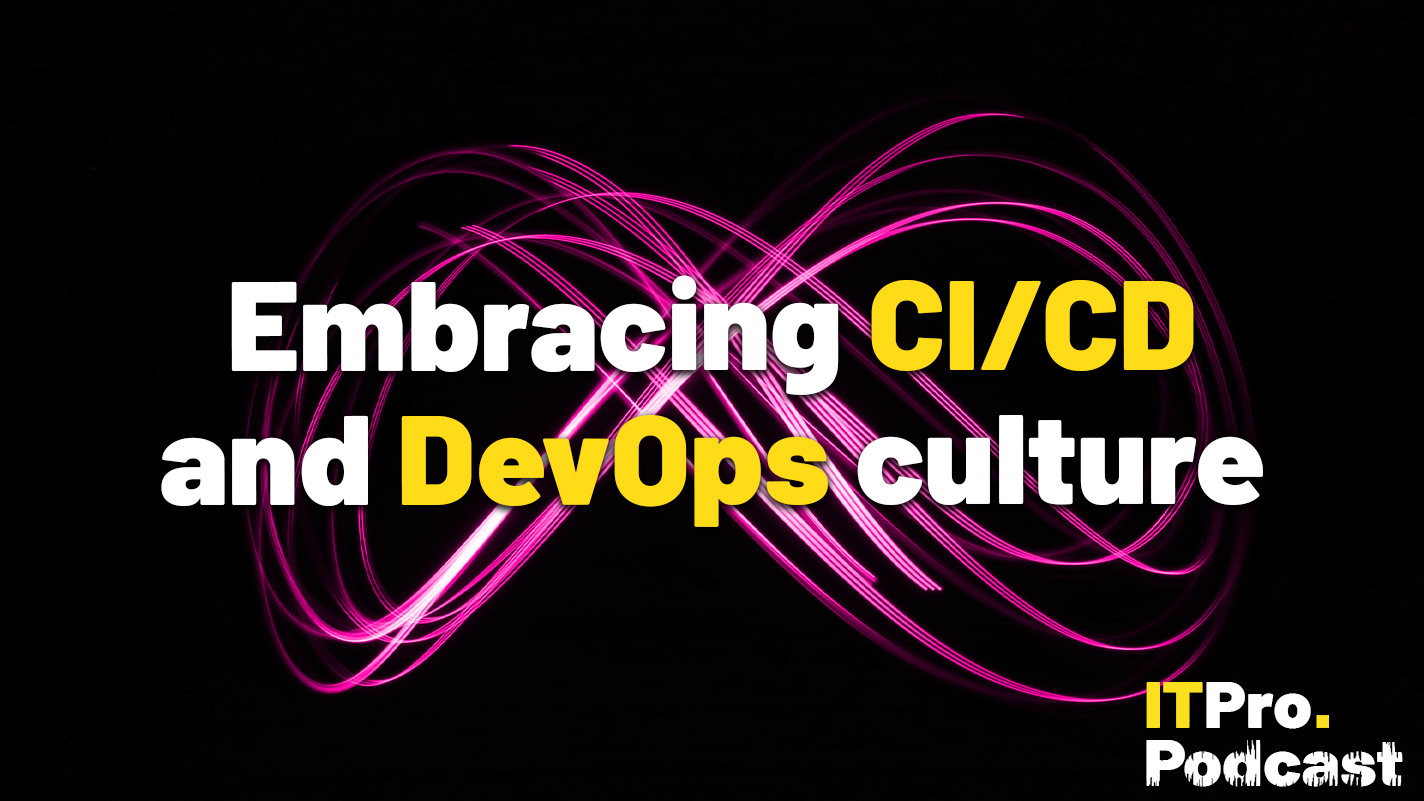 Embracing CI/CD and DevOps culture
Embracing CI/CD and DevOps cultureITPro Podcast Without proper communication, businesses won’t fully benefit from CI/CD
-
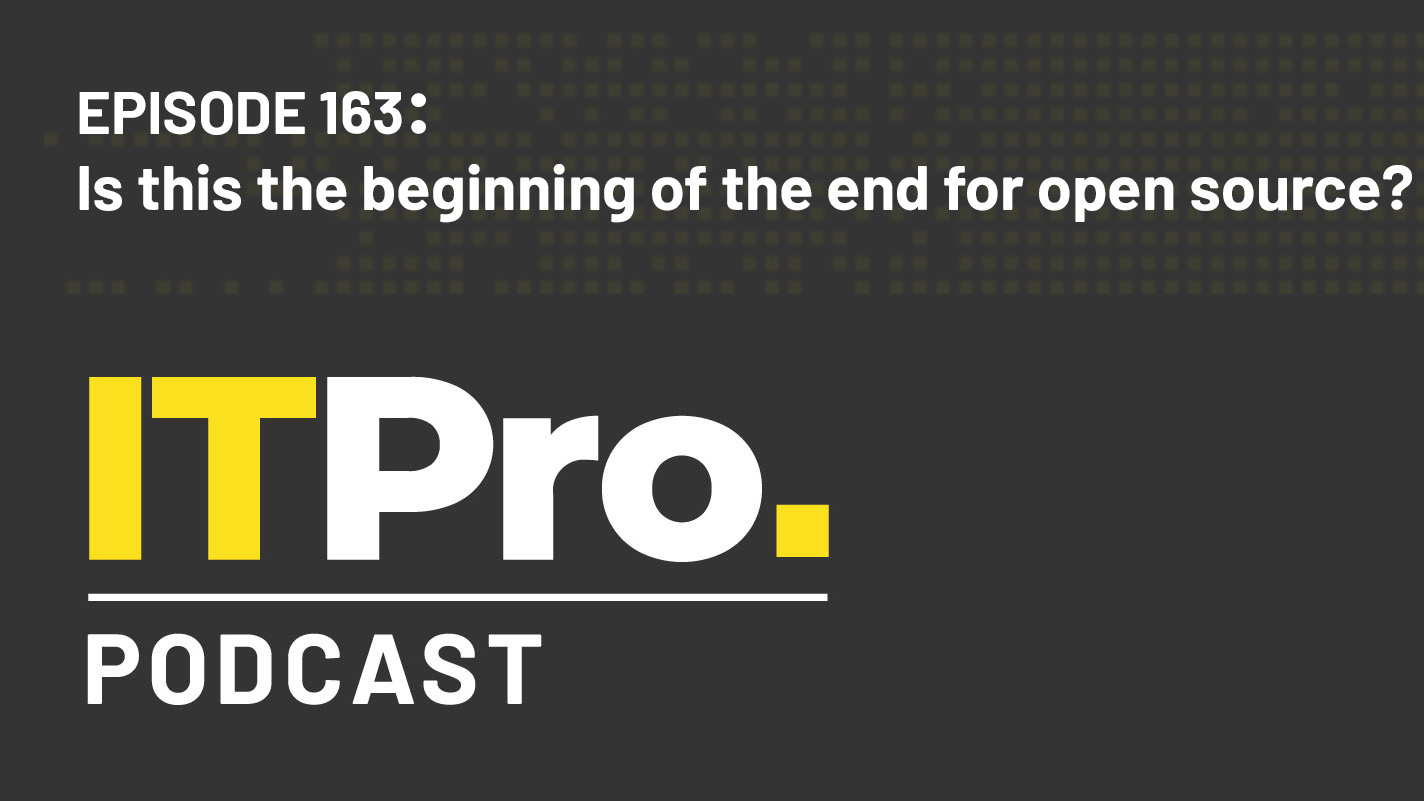 The IT Pro Podcast: Is this the beginning of the end for open source?
The IT Pro Podcast: Is this the beginning of the end for open source?ITPro Podcast There’s positive momentum in the open source community, but key players are questioning its longevity
-
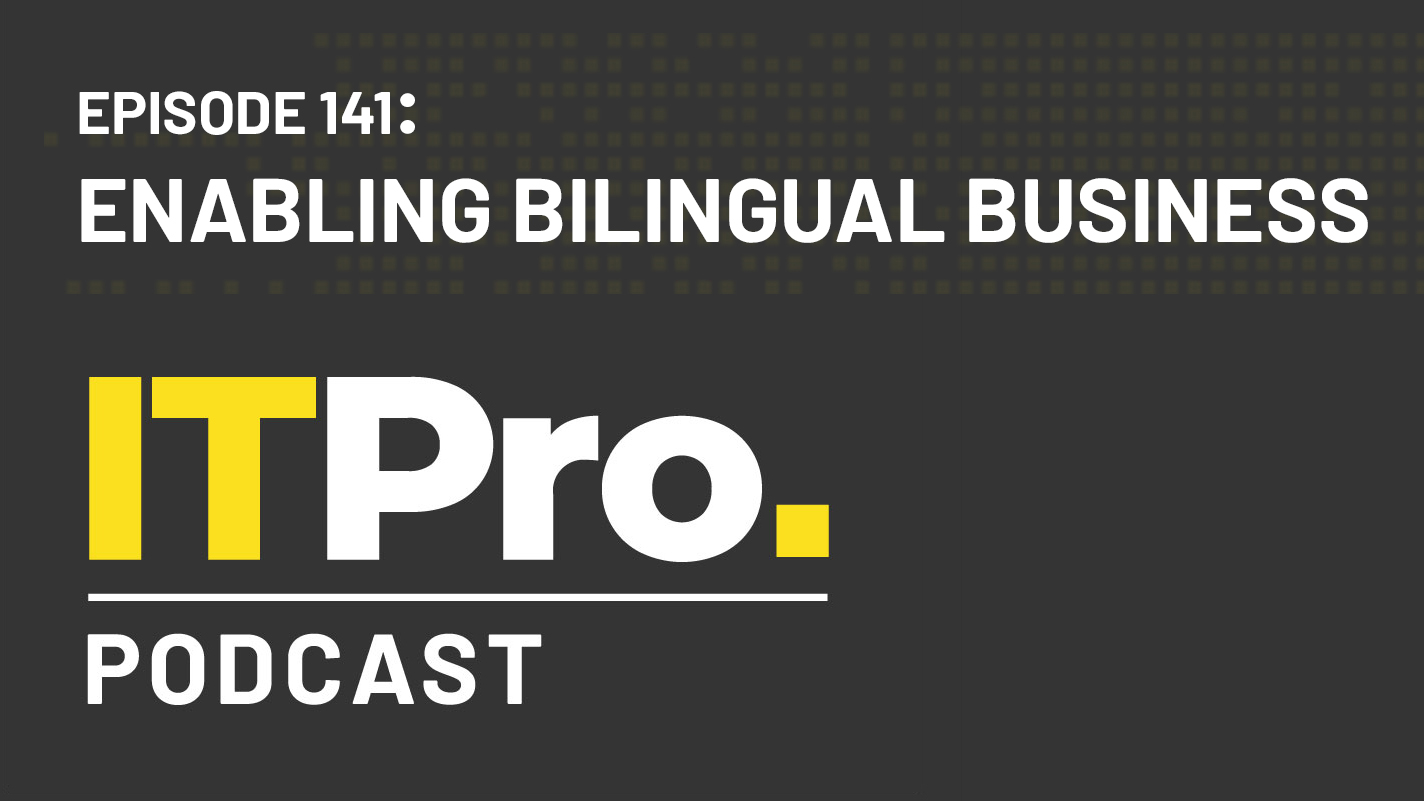 The IT Pro Podcast: Enabling bilingual business
The IT Pro Podcast: Enabling bilingual businessIT Pro Podcast How Wales is using digital tech to deliver a greater choice of languages
-
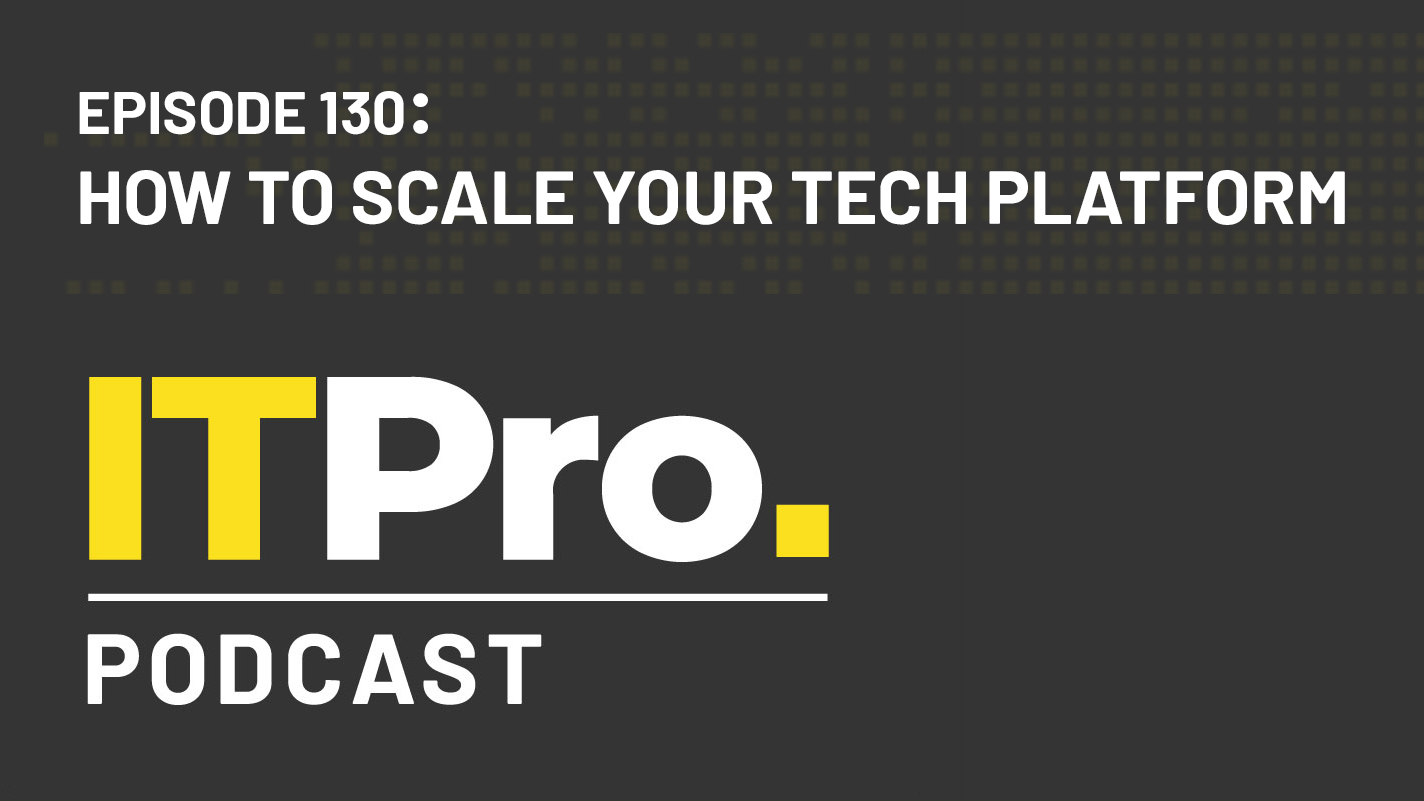 The IT Pro Podcast: How to scale your tech platform
The IT Pro Podcast: How to scale your tech platformIT Pro Podcast For startups, building a platform is only half the battle - after that, you’ve got to grow it
-
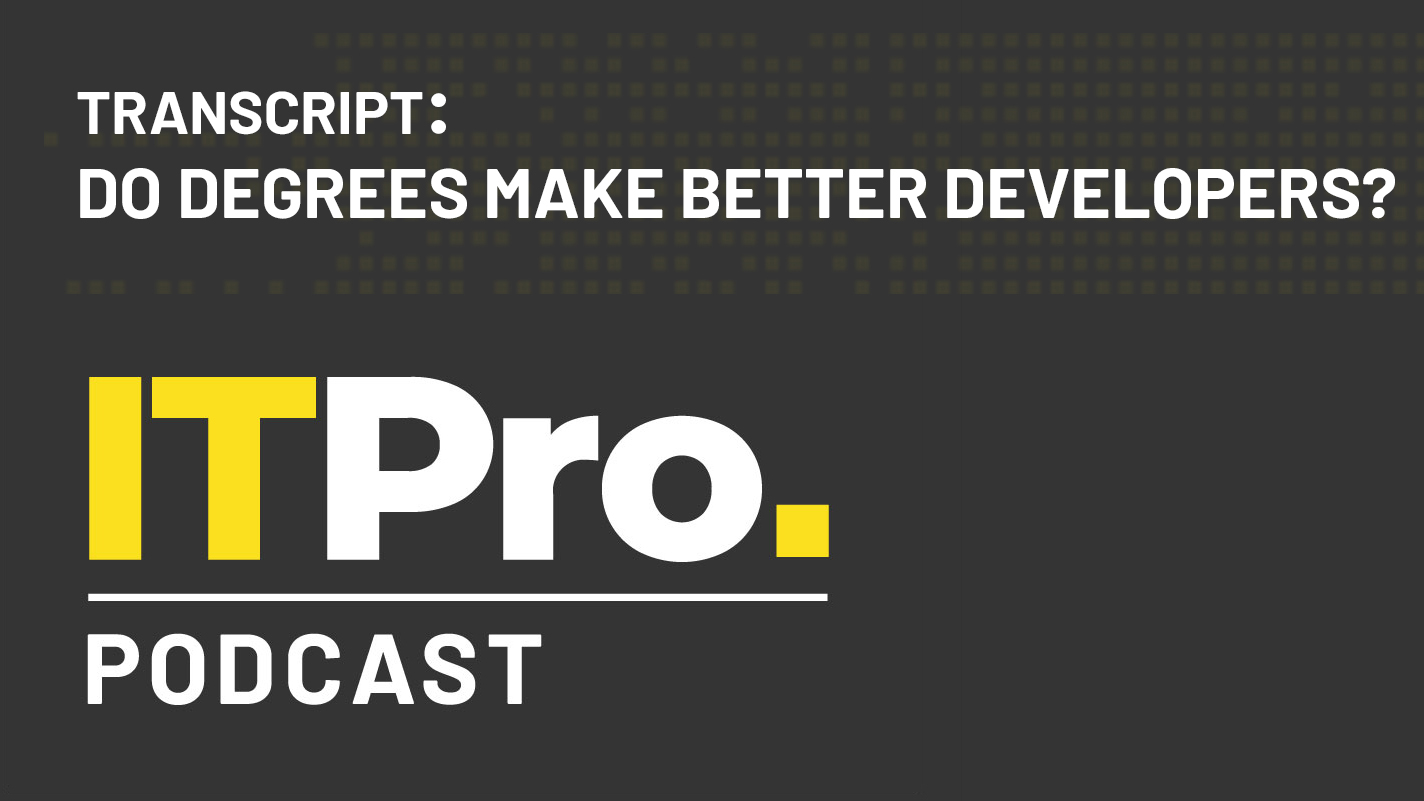 Podcast transcript: Do degrees make better developers?
Podcast transcript: Do degrees make better developers?IT Pro Podcast Read the full transcript for this episode of the IT Pro Podcast
-
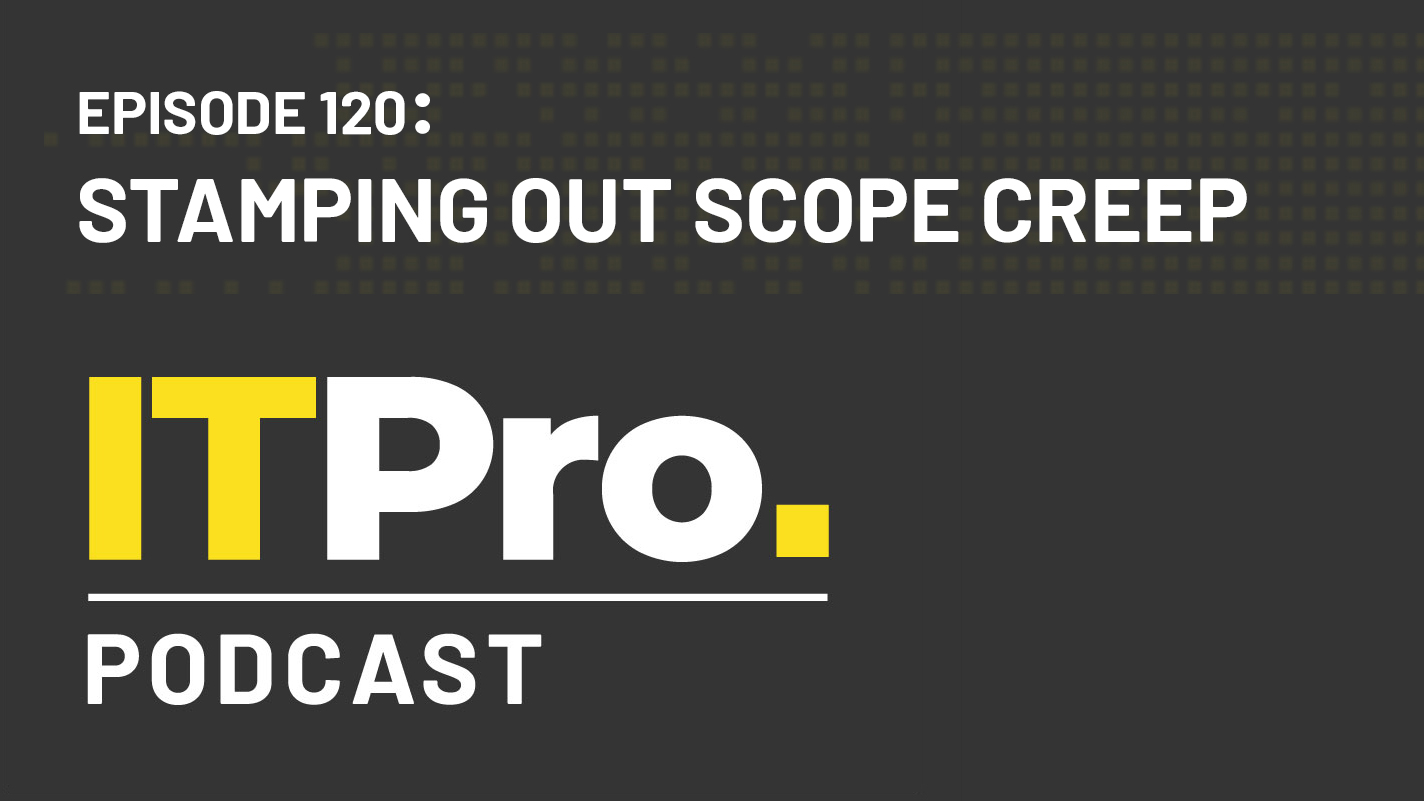 The IT Pro Podcast: Stamping out scope creep
The IT Pro Podcast: Stamping out scope creepIT Pro Podcast Strategies for stopping the spread of this endemic development blight
-
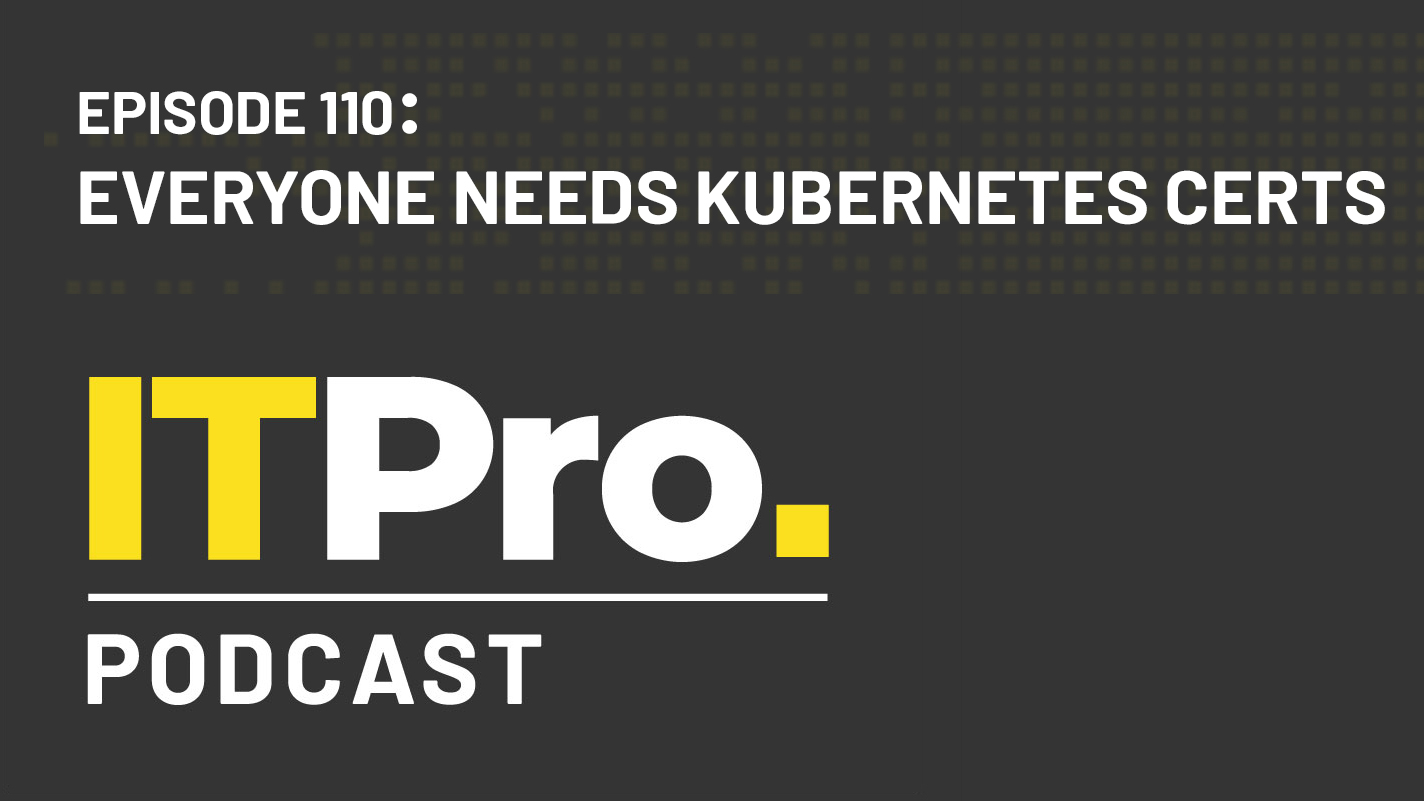 The IT Pro Podcast: Everyone needs Kubernetes certs
The IT Pro Podcast: Everyone needs Kubernetes certsIT Pro Podcast Containerisation skills are now a business imperative

